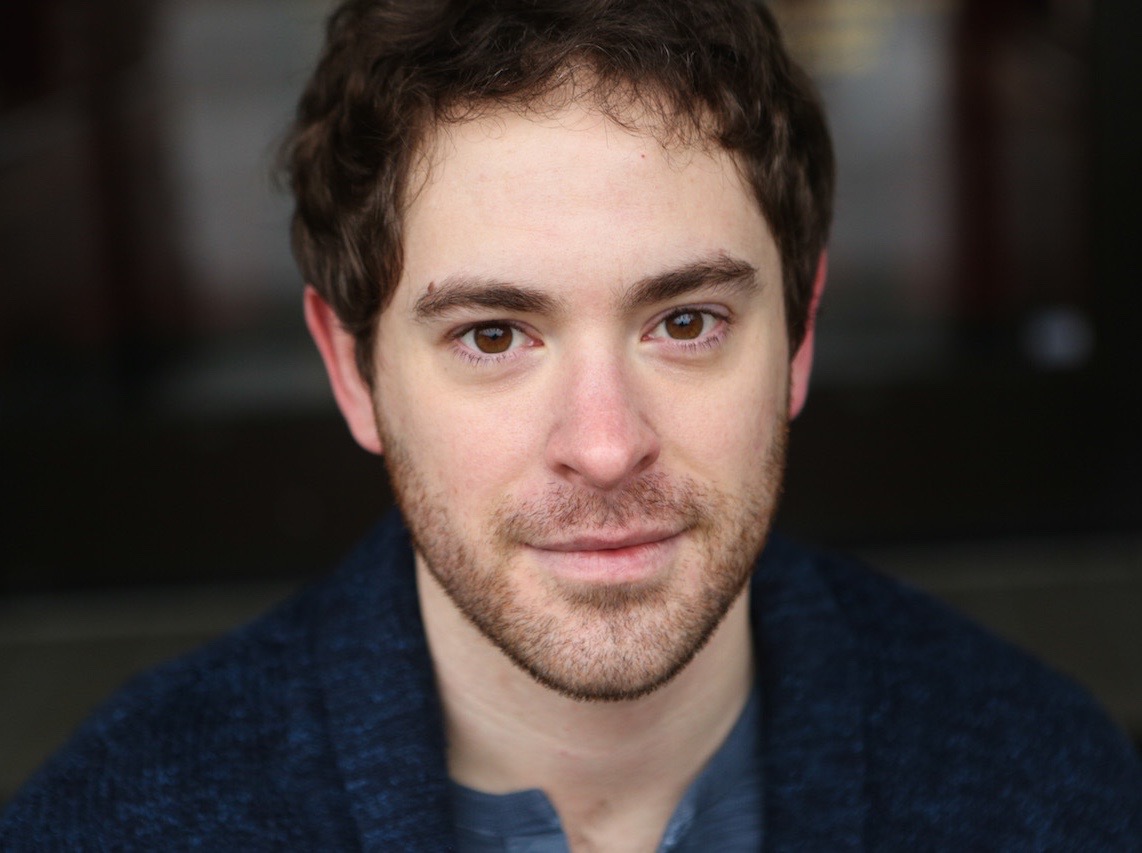Mettez-vous hors ligne avec l'application Player FM !
68 – Earp on the Ethics of Love Drugs
Manage episode 252658420 series 1328245

In this episode I talk (again) to Brian Earp. Brian is Associate Director of the Yale-Hastings Program in Ethics and Health Policy at Yale University and The Hastings Center, and a Research Fellow in the Uehiro Centre for Practical Ethics at the University of Oxford. Brian has diverse research interests in ethics, psychology, and the philosophy of science. His research has been covered in Nature, Popular Science, The Chronicle of Higher Education, The Atlantic, New Scientist, and other major outlets. We talk about his latest book, co-authored with Julian Savulescu, on love drugs.
You can listen to the episode below or download it here. You can also subscribe to the podcast on Apple, Stitcher, Spotify and other leading podcasting services (the RSS feed is here).
Show Notes
- 0:00 – Introduction
- 2:17 – What is love? (Baby don’t hurt me) What is a love drug?
- 7:30 – What are the biological underpinnings of love?
- 10:00 – How constraining is the biological foundation to love?
- 13:45 – So we’re not natural born monogamists or polyamorists?
- 17:48 – Examples of actual love drugs
- 23:32 – MDMA in couples therapy
- 27:55 – The situational ethics of love drugs
- 33:25 – The non-specific nature of love drugs
- 39:00 – The basic case in favour of love drugs
- 40:48 – The ethics of anti-love drugs
- 44:00 – The ethics of conversion therapy
- 48:15 – Individuals vs systemic change
- 50:20 – Do love drugs undermine autonomy or authenticity?
- 54:20 – The Vice of In-Principlism
- 56:30 – The future of love drugs
Relevant Links
- Brian’s Academia.edu page (freely accessible papers)
- Brian’s Researchgate page (freely accessible papers)
- Brian asking Sam Harris a question
- The book: Love Drugs or Love is the Drug
- ‘Love and enhancement technology’by Brian Earp
- ‘The Vice of In-principlism and the Harmfulness of Love’ by me
64 episodes
Manage episode 252658420 series 1328245

In this episode I talk (again) to Brian Earp. Brian is Associate Director of the Yale-Hastings Program in Ethics and Health Policy at Yale University and The Hastings Center, and a Research Fellow in the Uehiro Centre for Practical Ethics at the University of Oxford. Brian has diverse research interests in ethics, psychology, and the philosophy of science. His research has been covered in Nature, Popular Science, The Chronicle of Higher Education, The Atlantic, New Scientist, and other major outlets. We talk about his latest book, co-authored with Julian Savulescu, on love drugs.
You can listen to the episode below or download it here. You can also subscribe to the podcast on Apple, Stitcher, Spotify and other leading podcasting services (the RSS feed is here).
Show Notes
- 0:00 – Introduction
- 2:17 – What is love? (Baby don’t hurt me) What is a love drug?
- 7:30 – What are the biological underpinnings of love?
- 10:00 – How constraining is the biological foundation to love?
- 13:45 – So we’re not natural born monogamists or polyamorists?
- 17:48 – Examples of actual love drugs
- 23:32 – MDMA in couples therapy
- 27:55 – The situational ethics of love drugs
- 33:25 – The non-specific nature of love drugs
- 39:00 – The basic case in favour of love drugs
- 40:48 – The ethics of anti-love drugs
- 44:00 – The ethics of conversion therapy
- 48:15 – Individuals vs systemic change
- 50:20 – Do love drugs undermine autonomy or authenticity?
- 54:20 – The Vice of In-Principlism
- 56:30 – The future of love drugs
Relevant Links
- Brian’s Academia.edu page (freely accessible papers)
- Brian’s Researchgate page (freely accessible papers)
- Brian asking Sam Harris a question
- The book: Love Drugs or Love is the Drug
- ‘Love and enhancement technology’by Brian Earp
- ‘The Vice of In-principlism and the Harmfulness of Love’ by me
64 episodes
Semua episod
×Bienvenue sur Lecteur FM!
Lecteur FM recherche sur Internet des podcasts de haute qualité que vous pourrez apprécier dès maintenant. C'est la meilleure application de podcast et fonctionne sur Android, iPhone et le Web. Inscrivez-vous pour synchroniser les abonnements sur tous les appareils.




